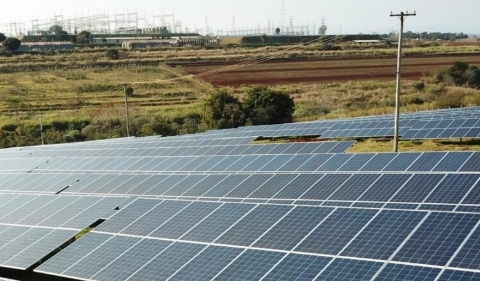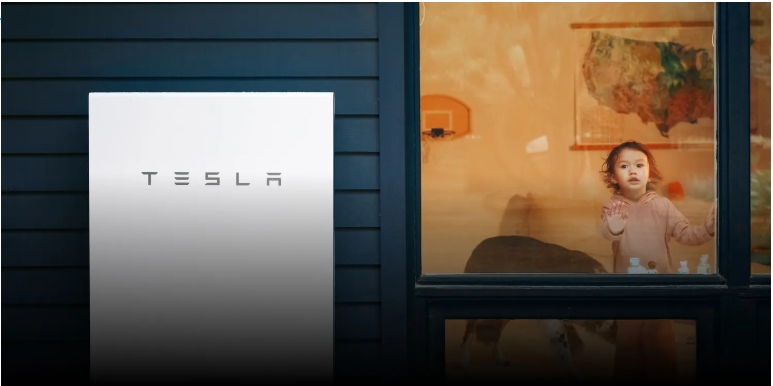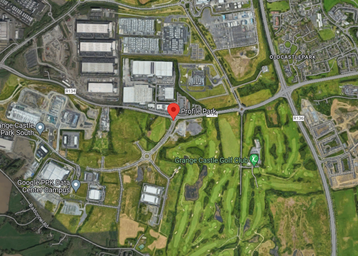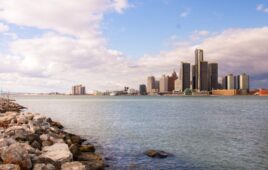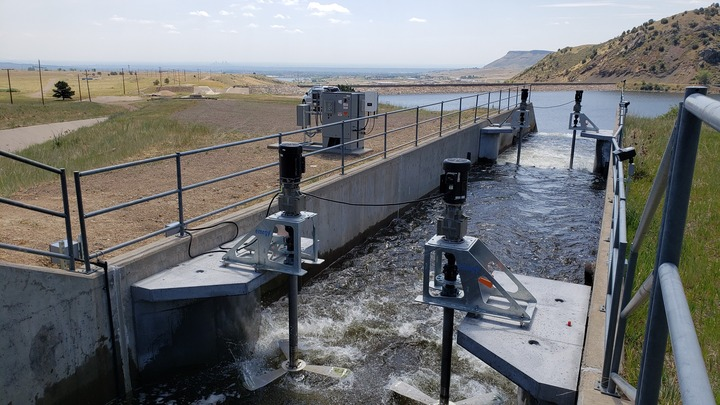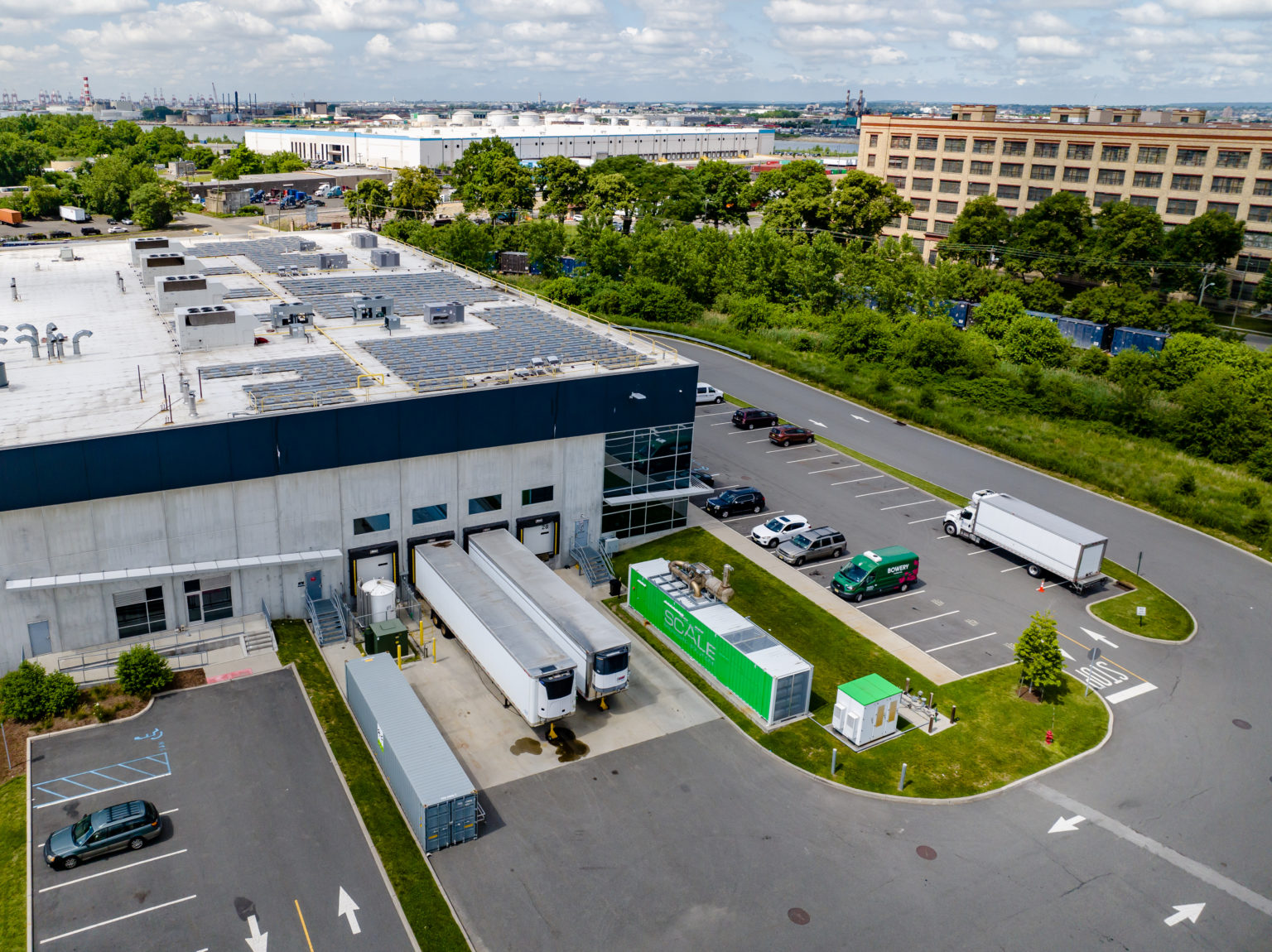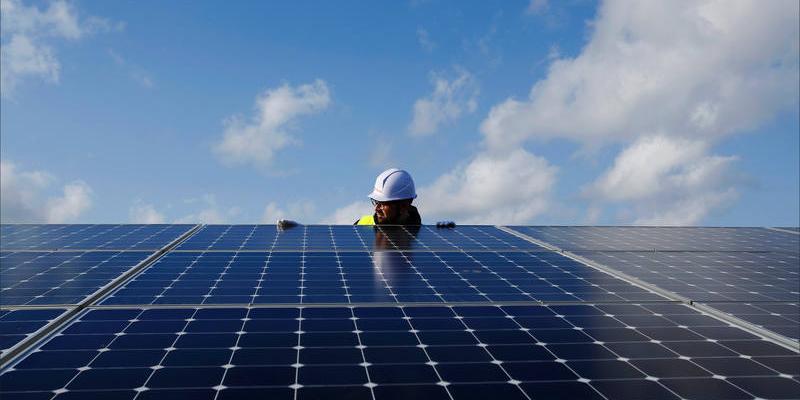As the election stirred up all kinds of polarized opinions on energy — about pipelines, greenhouse emissions and more — Monica Gattinger wondered: What if we’re asking the wrong questions?
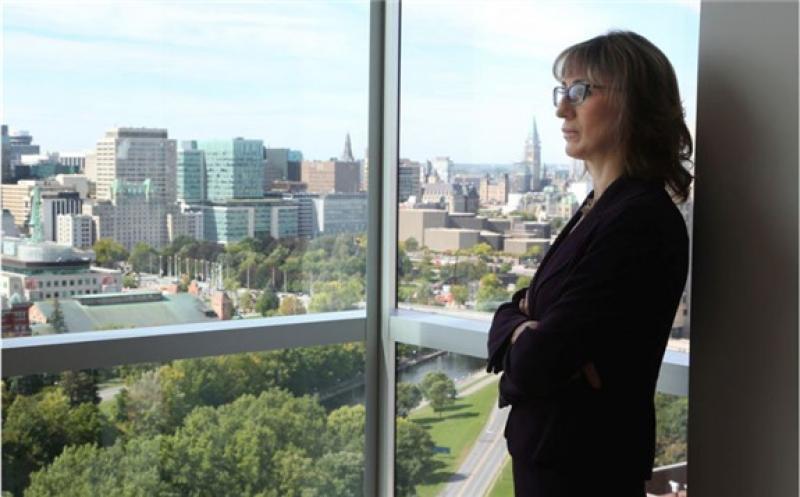 Monica Gattinger is a political scientist talking about energy policy and climate change. Photo by Jean Levac/Postmedia News assignment
Monica Gattinger is a political scientist talking about energy policy and climate change. Photo by Jean Levac/Postmedia News assignment
On Monday the University of Ottawa political scientist sat down to ask new questions, with close to 100 academics, energy industry people, bureaucrats and others.
They skipped the usual political platforms.
“We wanted to offer a different kind of debate, to try to bring a more evidence-informed, respectful, comprehensive discussion of issues,” she said.
Rather than arguing about their individual projects, such as nuclear plants or hydro dams, she asked participants to think about what energy systems our future will have.
“Are they likely to be dominated by big, centralized, top-down” systems, like our traditional oilpatch companies and big utilities? “Or by bottom-up, grassroots, democratized systems” that are often based in local communities?
She titled the discussion: Go big or go home?
Gattinger and her research group, called Positive Energy, are bringing philosophy to bear on energy.
She says it’s hard to make progress “when you’ve got our political parties split along partisan lines, whether it’s pipelines or the carbon tax or what have you.
“One of the reasons we’ve organized this debate is out of frustration with the debates that we saw on energy and climate in the federal election.”
And so, in a Château Laurier ballroom, energy experts spent a day talking philosophy. Politely, over coffee.
So, big versus small:
Canada seems likely to move away from oil- and gas-burning and toward more electricity, as with the federal Liberals’ promise to switch to all-electric cars in 20 years. To do that, says Mike Cleland, a consultant and former CEO of the Canadian Gas Association, we would need new generation equal to some 120 nuclear reactors, or about the same number of major hydro dams. Plus transmission lines. Lots more of those.
You can’t, he argued, do all that by storing energy or increasing efficiency.
But Tonja Leach, a specialist in local energy, says efficiency should be seen as the “first fuel” of all.
She said a 2018 study by the International Energy Agency and Natural Resources Canada found that Canada can cut its energy use by 1.9 per cent each year from now until 2050. And that would cover a large part of the greenhouse gas cuts that successive governments keep promising.
She argued that the future will not be driven by mega-projects, but rather by more decentralized energy systems, energy efficiency, Smart Energy Community projects, and solutions and momentum being driven by the bottom up.
Fine, said Shannon Joseph of the Canadian Association of Petroleum Producers, but small generation won’t feed Canada’s growing population.
New Canadians “all have energy needs,” she said. “And there are limits to the adaptability” of smaller, local energy networks.
“And local systems will always be dependent on big systems to mitigate risks.”
Our country doesn’t have final answers to these questions yet, Gattinger said, but she is optimistic.
Average Canadian people are more flexible, less polarized in their views on energy than political leaders are, she believes.
“Canadians don’t necessarily see things in stark terms. But they also don’t have a lot of confidence in their decision-makers” to plan the future of energy.
